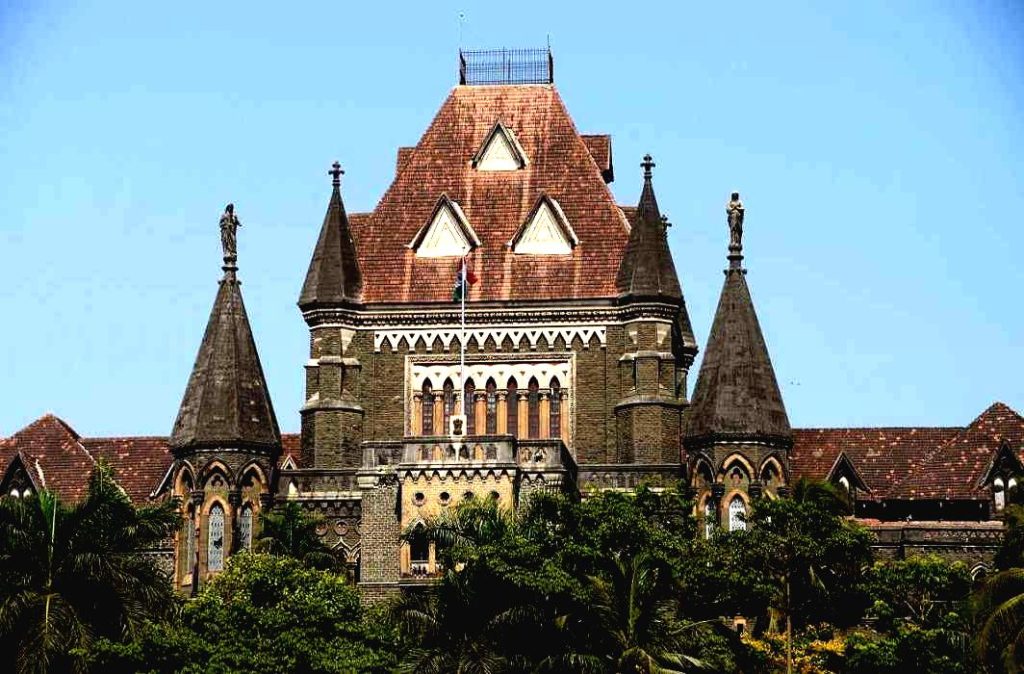Nithyakalyani Narayanan. V
According to Section 3 of the Muslim Women (Protection of Rights on Divorce) Act, 1986 (MWPA), a divorced Muslim woman is entitled to mehr (lumpsum support payment payable by husband to wife on divorce) from her husband, even if she has remarried. This ruling was made by the Bombay High Court on January 2nd, 2024.
Single-judge Bench with Justice Rajesh Patil noted that as the term “remarriage” is absent from Section 3(1)(a) of the Act, the protection afforded by that maintenance, or mehr, is unqualified and will continue to apply even in the event that the respondent woman remarries – “Nowhere does the said Act intend to limit the protection that is due to the former wife on the grounds of the remarriage of the former wife. The essence of the Act is that a divorced woman is entitled to a reasonable and fair provision and maintenance regardless of her remarriage. The fact of divorce between the husband and wife is in itself sufficient for the wife to claim maintenance under section 3(1)(a). Section 3 does not absolve the husband of his duty to make and pay a reasonable and fair”.
Justice Patil explained that if the Act were to be amended to include a clause stating that “the husband is absolved of his duty when the wife remarries,” the husband would purposefully wait for his wife to be married.
A Muslim woman who has been divorced is entitled to a lump sum payment known as a “mehr,” or dower, as defined in Section 3. A Muslim woman is entitled to fair and reasonable maintenance during the iddat period, which is a brief period of two to three months following the end of a marriage, as stated in subclause (1)(a). The verdict was rendered in response to a man’s request for a review of a maintenance order that a Chiplun magistrate had issued, which the Sessions Court at Ratnagiri had later confirmed and improved.
They got married in 2005 and had a daughter together. The petitioner filed for maintenance under Section 3(1)(a) in 2012, after divorcing the wife in 2008. The petitioner’s former wife is to receive ₹4,32,000 in lump sum maintenance from him in two months, as per the Magistrate’s 2014 ruling. In the sessions court, the petitioner contested this order.
In 2017, the sessions court denied the appeal and raised the maintenance amount to ₹9 lakh, which the petitioner had to pay in two months. If payment was not made on time, interest was to be charged at a rate of 8% annually until the balance was settled. The High Court heard a challenge to this order from the petitioner. In addition, he gave the respondent periodic payments of ₹1,50,000. In the meantime, the woman wed again in 2018. On the grounds that the respondent was married again, the petitioner then requested the sessions court ruling be quashed.
The Court disagreed with this argument, believing that a divorced wife’s right to maintenance and a fair and reasonable provision crystallises on the date of divorce and is unaffected by the former wife’s subsequent marriage – “On the date of passing of impugned order the amount payable by the husband got crystallized, therefore, even in the future if the divorced wife re-marries, it will not make a difference if the amount is payable in lumsum. The difference would be only when the amount is payable monthly. Therefore, the amount of ₹9,00,000, in my opinion in fair and reasonable”.
Name of the case: Khalil Abbas Fakir v. Tabbasum Khalil Fakir
Bench: Justice Rajesh Patil.

